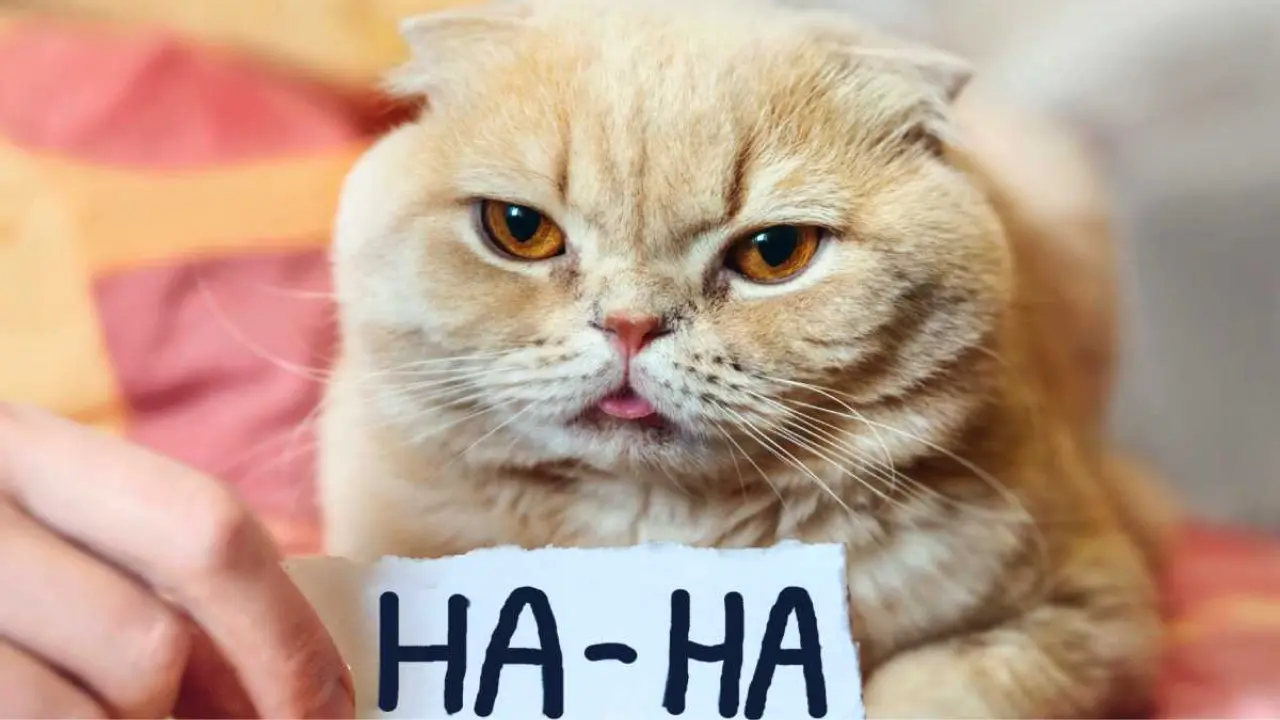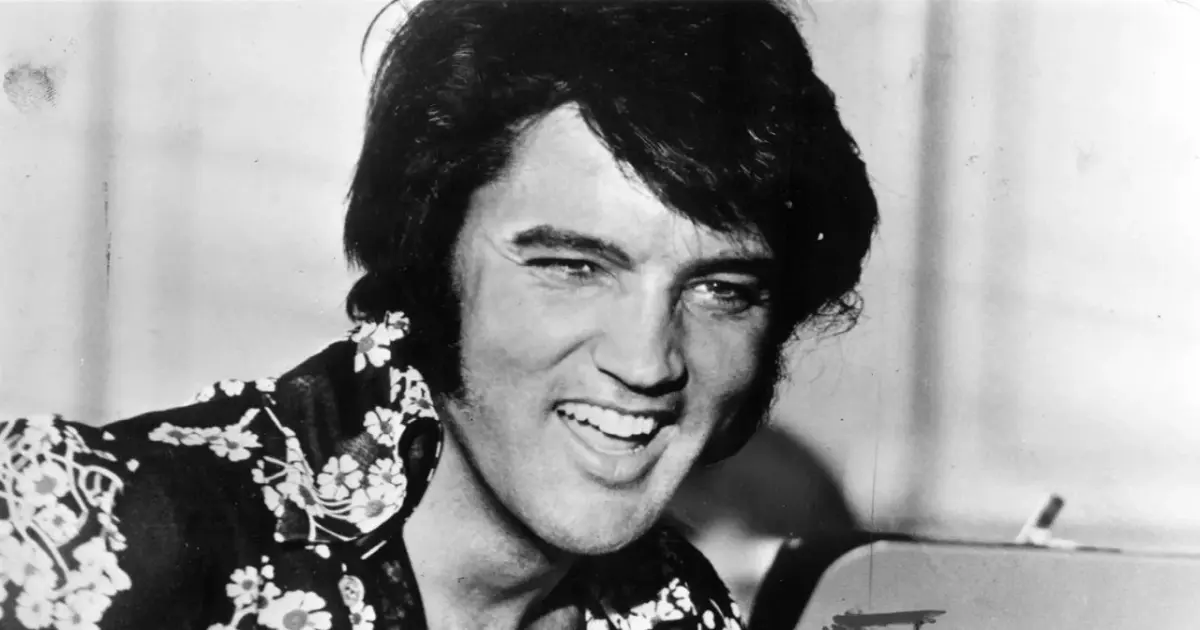Racist jokes make fun of people based on their race, ethnicity, culture, or nationality. They rely on misconceptions, biases, or stereotypes frequently. They intend to be humorous, but they hurt, offend, or insult members of the target group or those who care about them. In this article, you will understand why racist jokes are not funny but harmful and how to use humor in a positive and inclusive way.
Introduction
A joke that ridicules individuals based on their race, ethnicity, culture, or nationality is considered racist. Racist jokes may seem funny or harmless to you, but they can seriously hurt those who are the targets of them or who care about them.
Effects of Racist Jokes
- Racist humor can feed into preconceived notions and prejudices about various racial and ethnic groups. They may lead people to believe that a group has certain characteristics or behaviors that are inherent or natural to them, leading to perceptions of superiority or inferiority.
- Racist humor can foster an environment that is hostile and unsafe for those who are a part of the targeted group or who care about them. They might make them feel excluded, unwelcome, or unfairly treated.
- Racist humor may help to normalize prejudice and racism in society. They have the power to persuade people that racism is amusing or acceptable, and that they can get away with it.
Avoiding Racist Jokes
- Learning about other cultures and their histories will help you and others avoid making racist jokes. People can respect and value one another more by learning about the diversity and richness of human cultures. Additionally, it can aid in challenging and dispelling myths and stereotypes that support racism.
- Speaking up and denouncing racism when one sees or hears it is another way to steer clear of racist jokes. Staying silent or laughing along can imply agreement or approval of racism. Additionally, it might motivate the joker to act out more or worsen their Supporting the targeted group or individual by speaking out against racism can demonstrate your support for them. It can also raise awareness and accountability for the joker and others.
- Utilizing humor in a way that is inclusive and upbeat is a third way to stay away from racist jokes. A strong tool for social change and recovery is humor. People who use it can connect with others, cope with stress, and celebrate diversity. But it is not appropriate to make fun of other people or disparage their identity or dignity. The purpose of humor is to empower, uplift, and bring people together.
Racist humor examples
Racist humor can target a variety of demographics and take many different forms. They could be physical, written, verbal, or visual. They might be covert, overt, or in plain sight. Here are some examples of racist jokes that are commonly used or heard:
- Racist slurs or derogatory terms are used to refer to a group of people. “What do you call a black person who flies a plane? ” You are a pilot, you racist.”
- Jokes that make fun of or imitate a group’s accent, language, or appearance “How do you know if an Asian person is having a seizure?” You can’t tell; “they always look like that.”
- Jokes that make fun of a group’s culture, religion, or customs. “Why do Jews have big noses?” for example. “Because the air is free.”
- Jokes implying or implying that a group of people is inferior, stupid, lazy, violent, or criminal. “How do you stop a Mexican from robbing your house?” Put a sign that says “job application’ on the door.”
- Jokes that exploit or trivialize a group’s history, oppression, or trauma. “What is the difference between a pizza and a Jew?” In the oven, “a pizza doesn’t scream.”
Alternatives to Racist Humor
Racist jokes can be replaced with a variety of humorous and inventive alternatives that are neither harmful nor offensive. Wordplay, irony, sarcasm, exaggeration, or absurdity can all be used to support them. They might also be ironic, situational, or self-deprecating. Here are some examples of humorous, safe substitutes for racist jokes:
- Puns or double meanings are used in jokes to make them funny. What do you call a fish wearing a bowtie, for instance? Sofishticated.”
- Jokes that make humor by contrasting or comparing two different things or situations For instance, “What distinguishes snowmen from snowwomen? Snowballs.”
- jokes that, in order to be funny, make fun of the speaker’s own shortcomings or errors. For instance, “I requested my date to meet me at the gym, but she never showed up. I guess the two of us aren’t going to work out.”
Conclusion
We refer to jokes that make fun of people based on their race, ethnicity, culture, or nationality as racist jokes. Prejudice, ignorance, or stereotypical thinking frequently originate from them. They are meant to be humorous, but they hurt, offend, or insult members of the target group or those who care about them. Racist jokes normalize racism and bigotry in society, reinforce unfavorable stereotypes and biases about various groups of people, and create a hostile and unsafe environment for those who are members of the targeted group or who care about them.
FAQs
Q1: What is a racist joke?
A joke that ridicules individuals based on their race, ethnicity, culture, or nationality is considered racist.
Q2: Why are racist jokes damaging?
Racist humor can reinforce unfair stereotypes and biases about various racial and ethnic groups, foster an environment of hostility and danger for those who are members of the targeted group or who care about them, and normalize racism and bigotry in society.
Q3: How can I stay away from racist jokes?
By educating yourself and others about various cultures and histories, speaking up and denouncing racism when you see or hear it, and using humor in a constructive and inclusive way, you can avoid making racist jokes.
Q4: What alternatives exist to racist jokes?
Using puns or double meanings, contrasting or comparing two different things or situations, making fun of oneself or one’s own flaws or mistakes, commenting on or criticizing something funny or ridiculous in society or life, or telling a funny story or anecdote with an unexpected twist or punchline are some alternatives to racist jokes.
Q5: How should I react to a racist joke?
You can react to a racist joke by doing one of these things: express your disapproval or discomfort, state why the joke is offensive or hurtful, request the joke teller to stop or apologize, report the joke teller to a higher authority, or show support for the group or individual being mocked.






